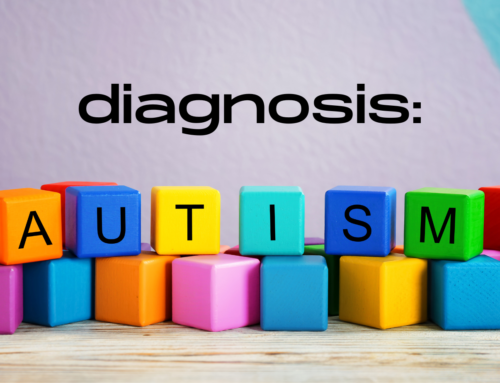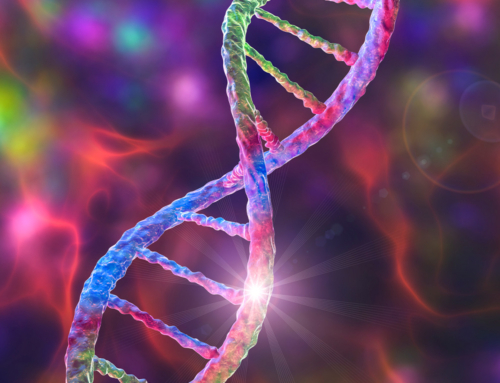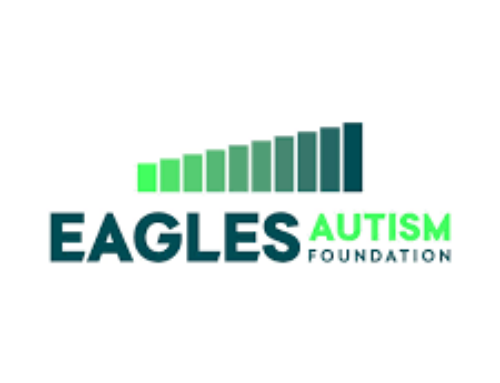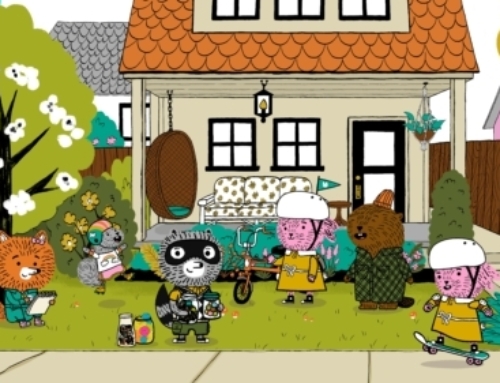Superior math skills were found in autistic Bay Area children with average intelligence compared with matched children who were not autistic.
The two group’s brain scans were different, as well. Images of the autistic children’s brains while calculating math problems revealed a different pattern of activity than those of non-autistic children.
This small but important study, the first of its type, “makes us better aware of the unique talents that these people have, which could help them have better academic and professional lives,” said postdoctoral scholar Teresa Iuculano, lead author of the study.
“We think it could be reassuring for parents,” she said. The study is being published online Saturday in the journal Biological Psychiatry.
Like all people with autism, the children had difficulty with social interactions. But they showed strengths, as well, according to the team of scientists at the Stanford University School of Medicine and Lucile Packard Children’s Hospital.
“It is not necessarily a deficient brain, but a different brain,” said Iuculano.
In the future, the team hopes to also study typical children who struggle with math.
Autism comes in many forms. It can be a devastating diagnosis with profound retardation. But people can also have exceptional skills or talents, known as “savant” abilities.
Like Dustin Hoffman’s character in the movie, Rain Man, they may be adept at calendar calculation — identifying which day of the week someone was born, based on the year of birth. Or they may have stunning visual memories, remembering, for instance, how many windows are in a skyscraper seen only once.
The discovery of math talents in such children is particularly relevant in Silicon Valley, where autism diagnoses exceed the national average — although no one knows if there is actually a higher incidence or just better diagnosis. Noted psychologist Simon Baron-Cohen at Cambridge’s Autism Research Centre discovered a correlation between incidence of autism and familial relation to engineers. His 1997 study found that 12.5 percent of fathers and 21.2 percent of grandfathers of autistic children were engineers, compared to 5 percent and 2.5 percent of children without autism.
Read the whole story at MercuryNews.com






